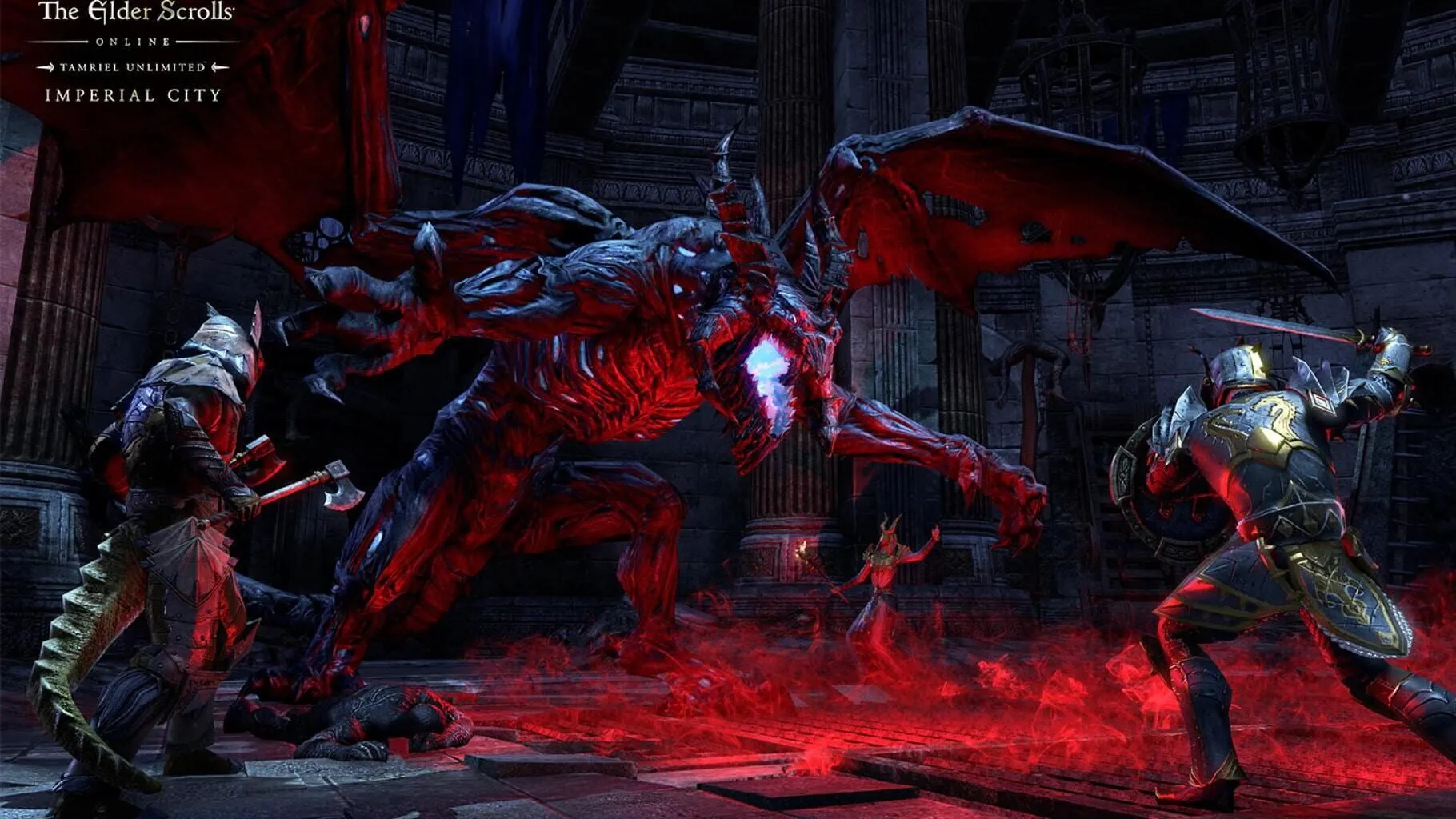Embarking on a journey through the vast, sprawling landscapes of Tamriel in “The Elder Scrolls Online” (ESO) offers an experience unlike any other, especially for those adventurers who dive profound into the world of roleplaying. Whether you’re a seasoned roleplayer or a curious newcomer eager to probe into this engrossing aspect of gaming, there is a distinct charm in living out your character’s life within the Elder Scrolls lore. This guide is your primer to charting the rich melange of roleplaying in ESO, covering everything from crafting your persona to engaging with the community and finding your roleplaying guild.
Creating Your Character
The Art of Crafting a Persona
Embarking on your roleplaying adventure begins with the creation of your character, a process that goes beyond selecting races, classes, and skills. Crafting a persona that feels alive demands attention to backstory, personality, and even the minutiae of their daily lives.
Choosing Your Race and Class: While the game mechanics dictate certain advantages for specific races and classes in combat, roleplay allows for bending these lines. Your Orc can be a gentle scholar, your High Elf an outcast rebel. The key is consistency with the lore—you’re crafting a character that could exist in the Elder Scrolls universe.
Backstories: Here lies the heart of your character. Was your Khajiit a former slave, or did your Nord abandon the warrior’s path for magic? These stories not only enrich your gameplay but also open pathways for interaction with others.
Quirks and Traits: The spice of character creation. Perhaps your character has an irrational fear of Daedra, or maybe they’re always humming an ancient tune. These little details bring color to your interactions.
The Visual Aspect
Your character’s appearance and attire can also tell a story. Are they battle-worn and rugged, or polished and aristocratic? Utilizing the game’s extensive customization options and outfit system can further embody your character’s history and personality.
Roleplaying Etiquette
The Unwritten Rules
Roleplaying in ESO, like in any community, comes with its tacit etiquette to ensure enjoyable experiences for everyone involved.
Consent and Boundaries: Essential to all interactions. Some scenarios may involve conflict, and it’s crucial to communicate with your fellow players to establish comfort levels and boundaries beforehand.
In-Character vs Out-of-Character: Understanding the distinction is vital. Use whispers or party chat for out-of-character (OOC) communication to avoid breaking the immersion for others.
Lore Adherence: While creative freedom is encouraged, maintaining consistency with the Elder Scrolls lore embellishs the collective experience. Research and asking questions can help avoid lore breaches.
Respect and Inclusion: At the core of roleplaying etiquette. Listen, engage, and respect others’ tales and character choices, ensuring a welcoming atmosphere for pros and newcomers alike.
Finding Roleplaying Events
The Heart of Community Interaction
Scheduled events are the pulse of the roleplaying community, from grand balls in Alinor to tense political meetings in Ebonheart. Participating in these gatherings can be the key to deeper immersion and making meaningful connections.
Official Forums and Discord: Many roleplaying guilds and communities advertise their events here. Keep an eye out for open invitations suitable for your character.
In-Game Locations: Certain spots in Tamriel naturally attract roleplayers. Taverns in major cities, guildhalls, and iconic landmarks can be stages for impromptu or organized roleplay.
Guild Events: Joining a roleplaying guild (more on this soon) opens the door to members-only events, offering a consistent group of players to interact with.
In-Game Resources for Roleplayers
Tools of the Trade
ESO provides several in-game tools that can enhance your roleplaying experience, making interactions smoother and more absorbing.
Housing: More than a place to rest, player homes can serve as guildhalls, taverns, or secretive meeting spots for your character’s story.
Emotes: A comprehensive list of emotes allows for non-verbal communication, adding depth to your character’s expression beyond text.
Notes and Journals: ESO doesn’t feature an in-built system for this, but external roleplaying addons like “RP Profile” addons can fill the gap, allowing you to create and share your character’s backstory and notes with others.
Roleplaying Guilds
Finding Your Tribe
Joining a roleplaying guild is perhaps the most significant step in integrating fully into the roleplaying aspect of ESO. Guilds not only provide a community of like-minded individuals but also access to guild-only events, roleplaying campaigns, and resources.
Research: Guilds often have specific themes (e.g., merchant guilds, knight orders, dark cults). Survey the official forums, subreddit, or Discord servers dedicated to ESO roleplaying to find one that fits your character.
Engagement: Once you’ve found a guild that interests you, engage with its members. Many guilds have application processes that may include an in-character interview, a perfect opportunity to showcase your character.
Contribution: Being an active member—participating in events, contributing to guild resources, or even organizing your events—strengthens the guild and your connections within it.

